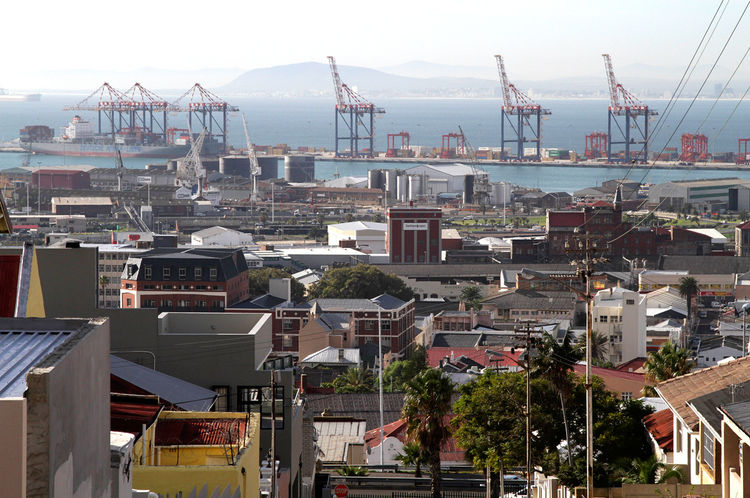- Complaints Hit East Africa’s Trade
The continuous introduction of tariff and non-tariff barriers are hampering intra-regional trade and putting integration at risk in East Africa.
Many manufacturers are complaining of encountering tariff and non-tariff barriers that blocked them from entering regional markets.
East African Community partner states that the manufacturers are largely in confectionery in Kenya, oil and fats in Uganda and a wheat and juice producer from Tanzania.
Yasin Billo, export manager of Tanzanian industrial conglomerate Bakhresa Group, said the company currently has 15 trucks stuck at the Tanzania-Kenya border because the Kenya Revenue Authority changed the rules and systems for exporting goods to the country.
However, Tanzanian Commissioner for Customs and Excise Ben Usaje said Bakhresa Group believed they were being mistreated because of the continued dispute over Kenyan confectionery.
Customs officials in Tanzania have blocked Kenyan confectionery products because they were allegedly manufactured using sugar that was imported at zero rate, instead of the EAC’s 100 per cent CET.
In 2017, Kenya faced a sugar crisis that prompted importation of sugar at a zero tariff.
Under the EAC regulations, this rate should have been 100 per cent, since sugar is a sensitive product that needs protection from dumping.
Mr Usaje said it is this sugar that the confectionery manufacturers are using and such products will not be allowed into the Tanzanian market unless a 25 per cent import duty is paid on them.
Mr Usaje added that Kenyan confectionery will not enjoy duty free rates in the Tanzanian market until the EAC forms another committee that declares their processes legitimate.
An earlier committee formed by the EAC to verify the origins of ingredients used in the process of manufacturing confectionery compiled a report that Mr Usaje says was “non-committal.”
“Products manufactured using industrial sugar when transferred to the EAC qualify for preferential tariff treatment provided they meet the criteria set under the EAC Rules of Origin, 2015, and other conditions set under the EAC Customs Management Act,” the report says.
The report adds that sugar for industrial use was not imported under the provisions of the Kenya Gazette notice announced in May 2017.
Mr Usaje questions the methodology used by the committee to come to the conclusion that confectionery makers used industrial and not ordinary sugar.
These tariff and non-tariff barriers coupled with what appear to be political manoeuvring are harming trade across the region.
The EAC Trade and Investment Report shows that intra-regional exports dropped by 42 per cent from $3.7 billion in 2013 to $2.6 billion in 2016.
The 2017 preliminary trade and investment report shows that intra-EAC exports recovered slightly to increase by nine per cent.
This is attributed to favourable weather conditions that contributed to a bumper harvest in the region.
The report also notes that intra-EAC exports increased from $2.6 billion in 2016 to $2.9 billion in 2017 on account of growth in manufactured goods such as cement, textiles, sugar, confectionery, pharmaceuticals, fats and oils moving freely in the region.
The report notes that in 2017, most East African partner states were able to resolve non-tariff barriers, facilitating increased trade in products like oils and fats and dairy products.
The states also discontinued policies that suspended the implementation of sections of the EAC Common External Tariff.
However, these non-tariff barriers are back, threatening the gains that were made last year.
In addition to the trade disputes between Tanzania and Kenya, Uganda has also been experiencing its own challenges.
For example, Uganda’s cooking oils and fats can’t enter the Tanzanian market because of alleged failure to meet the EAC Rules of Origin.

 Forex3 weeks ago
Forex3 weeks ago


 Naira2 weeks ago
Naira2 weeks ago
 Billionaire Watch2 weeks ago
Billionaire Watch2 weeks ago




 Naira3 weeks ago
Naira3 weeks ago




 Naira2 weeks ago
Naira2 weeks ago




 Naira1 week ago
Naira1 week ago




 Naira4 weeks ago
Naira4 weeks ago




 Naira4 weeks ago
Naira4 weeks ago






















